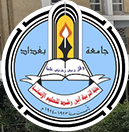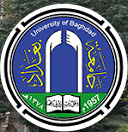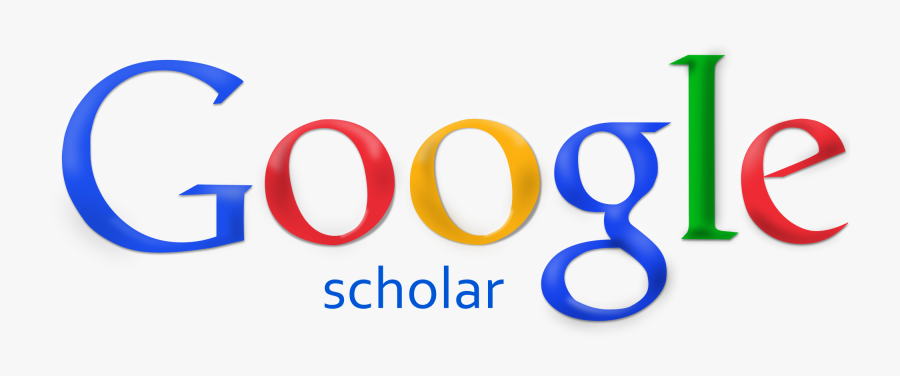Abstract
The current research aims to know the impact of the integrative counseling program in developing positive thinking on perceived self-efficacy and in the future orientation of middle school students. The research sample was chosen randomly, amounting to (82) students, distributed equally among the two research groups, the experimental group that is subject to the integrative counseling program, and the control group that was not subject to the program. To measure the future orientation consisting of (40) items, the researcher also prepared a test to measure positive thinking consisting of (50) items, in addition to the guiding program prepared by the researcher, after applying the program and research tools, and processing the data statistically, the results showed the superiority of the experimental group who are subject to the guiding program Integration on their colleagues in the control group who did not undergo the program, in the test of developing positive thinking, and in A measure of perceived self-efficacy, and a measure of future orientation.
Article Type
Article
First Page
306
Last Page
330
Publication Date
9-15-2022
Creative Commons License

This work is licensed under a Creative Commons Attribution 4.0 International License.
Recommended Citation
Shamal, Shaymma Abbas
(2022)
"The Impact of an Integrated Counseling Program for the Development of Positive Thinking on the Perceived Self-Efficacy and Future Orientation of Middle School Students,"
Alustath Journal for Human and Social Sciences: Vol. 61:
Iss.
3, Article 13.
DOI: 10.36473/ujhss.v61i3.1751
Available at:
https://alustath.researchcommons.org/journal/vol61/iss3/13










